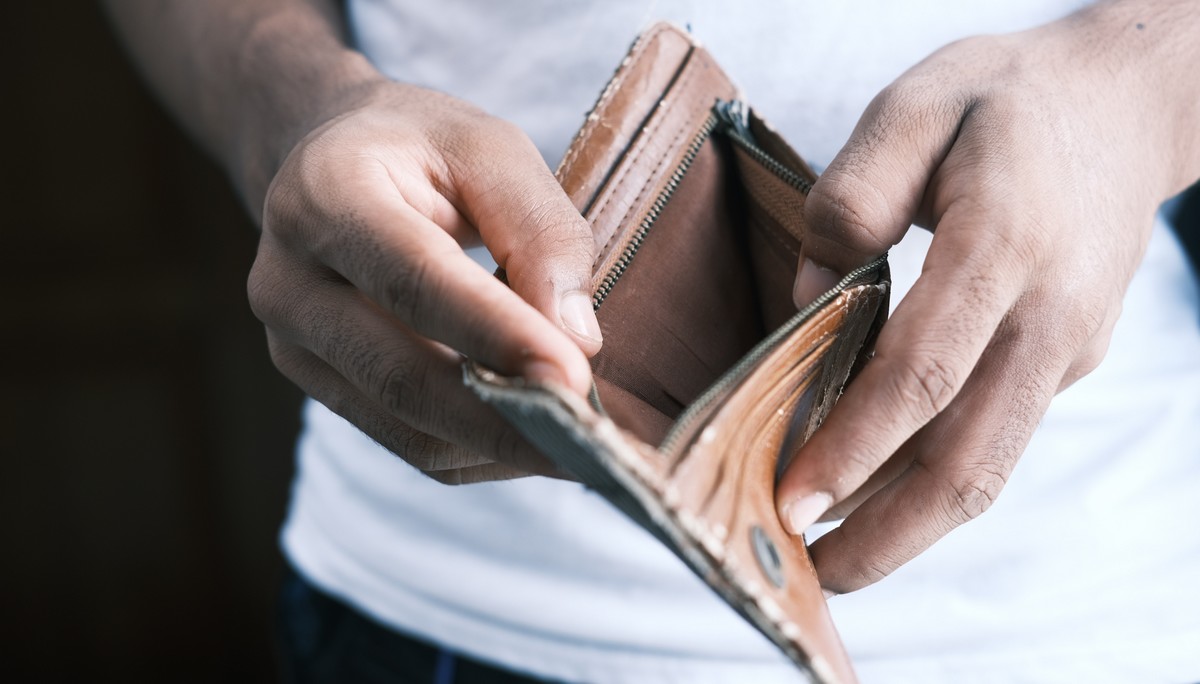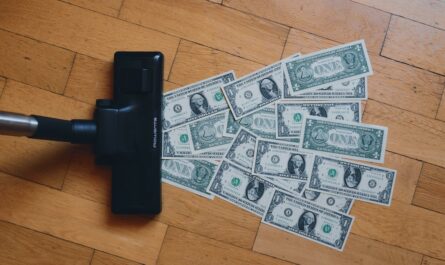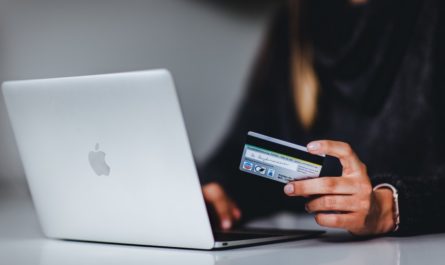Personal bankruptcy is one of the legal ways to get out of debt. If you overdo it with some of the types of loans and you get into more debt than you can repay, that's where debt relief comes in. Sometimes you may also see the term personal bankruptcy.
- Insolvency proceedings
- Repayment of part of liabilities
- Stop further indebtedness
This type of bankruptcy can only be declared by a debtor who is unable to pay its obligations to creditors. Of course, if you want to take advantage of this option, you must not have significant assets. This is because it can be sold off to pay off liabilities. Personal bankruptcy cannot therefore be used to any advantage.
Personal bankruptcy and its conditions
The basis of everything is therefore the financial insolvency of the debtor. In addition, there are a number of other conditions. These must be met, otherwise any application for debt relief ...he's gonna deny it. If you want to know what the requirements are, read the table below.
| Subject | Information |
| Number of creditors | Larger quantity |
| Debts | At least 30 days past due |
| Debt Relief | Payment of 30 % liabilities in 5 years |
| Alternative to debt relief | Redemption of 60 % in 3 years |
As legislative obligations change from time to time, these figures may vary to some extent. What is clear, however, is that with the help of personal bankruptcy you can clean up your act by paying only part of your debts.
Further additional information
It should be noted that this type of debt settlement is primarily intended for natural persons, whether they are ordinary persons, consumers or entrepreneurs. There is no exception matrimonial debt reliefthat is commonly performed. In order to declare bankruptcy, everything must be preceded by the filing of a petition for a bankruptcy order. It is entrusted to the persons responsible for its processing, as it must contain the appropriate elements.
Personal bankruptcy can, of course, be dismissed. This is provided that all the legal conditions are not met. Or dishonest intent is proven. Under personal bankruptcy, the debtor prepares to keep only the minimum subsistence level and the rest goes to repay debts. Part of the debts will also be settled by selling off assets.



